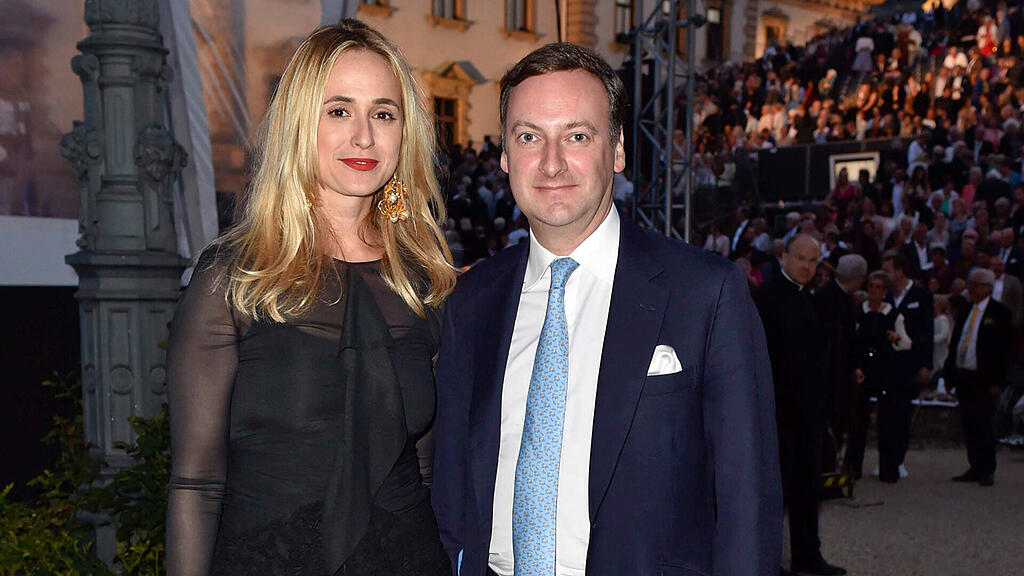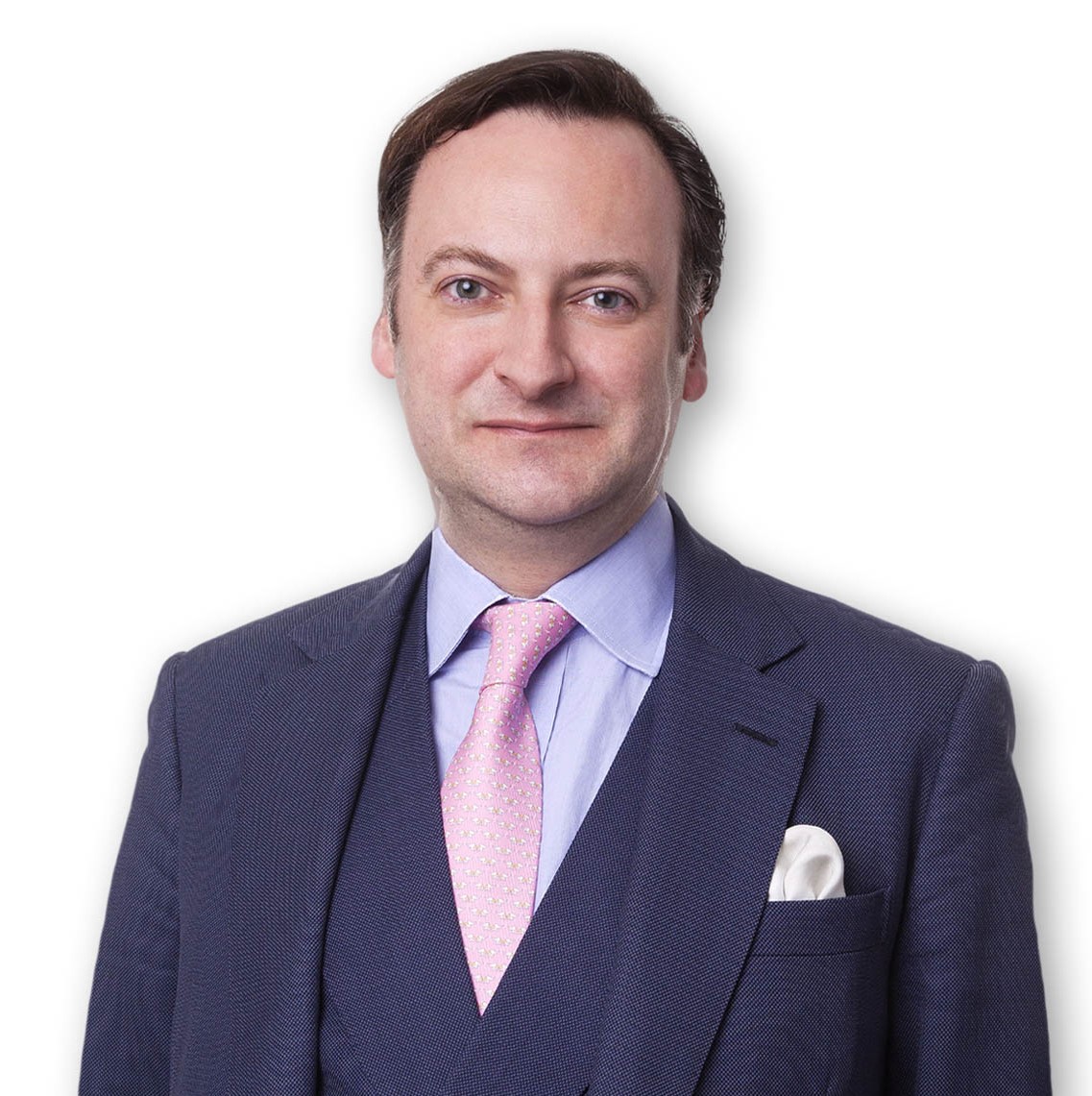| The sad case of Archie Battersby | ||
| |
Where do we start? With a child hanging himself from a bannister rail, for reasons not yet known? Or do we start with the legal circus, organised by the Christian Legal Centre and fronted by two eminent barristers, which succeeded in prolonging his physical existence even when he was brain dead, but didn’t actually bring him back to life? Maybe we should start instead with his mother’s request for an inquiry into how St Bartholomew’s hospital handled matters so badly. So very badly in fact that the Courts kept agreeing with what the hospital was doing or at least wanting to do – to bring to an end what had become a completely pointless medical intervention. I think though that we should start by looking at the motivations of those involved. Let’s look at the characters in the drama. I think it was on the web-site of ‘  Royalty’ that I
saw a reference to the engagement of Edward
Devereux and Princess Elisabeth von Thurn und
Taxis. Confirmation of their relationship was
in the commentary accompanying a photograph of
the happy couple on the web-site of the German
tabloid ‘Abendzeitung’. The more famous of the
pair, the Princess, was identified, but the
unidentified mystery man had simply referred
to himself as her ‘boyfriend’. Fortunately
though, on the website of Royalty’ that I
saw a reference to the engagement of Edward
Devereux and Princess Elisabeth von Thurn und
Taxis. Confirmation of their relationship was
in the commentary accompanying a photograph of
the happy couple on the web-site of the German
tabloid ‘Abendzeitung’. The more famous of the
pair, the Princess, was identified, but the
unidentified mystery man had simply referred
to himself as her ‘boyfriend’. Fortunately
though, on the website of  Harcourt Chambers
there was a photo of Edward Devereux, the QC
acting for Archie’s mother and father. The
shirts and ties are different colours,
but otherwise... And of course this is not
just any Devereux, but Edward Mark de Breteuil
Devereux, the younger son of the 18th Viscount
Hereford, a family which, despite the name,
started off at Castle Bromwich Hall, near
Birmingham. Although his ancestors fought on
the side of the Parliamentarians in the Civil
War, it looks as though he himself may be a
Catholic. The Princess herself is an avowed
traditionalist Catholic, having called for
more frequent use of the Latin mass and
written articles for the Catholic Herald and
the Vatican newspaper. So then, she is someone
with pronounced views on God’s will as to when
souls enter and leave our bodies and, no
doubt, would feel it necessary to marry
someone with the same views. Harcourt Chambers
there was a photo of Edward Devereux, the QC
acting for Archie’s mother and father. The
shirts and ties are different colours,
but otherwise... And of course this is not
just any Devereux, but Edward Mark de Breteuil
Devereux, the younger son of the 18th Viscount
Hereford, a family which, despite the name,
started off at Castle Bromwich Hall, near
Birmingham. Although his ancestors fought on
the side of the Parliamentarians in the Civil
War, it looks as though he himself may be a
Catholic. The Princess herself is an avowed
traditionalist Catholic, having called for
more frequent use of the Latin mass and
written articles for the Catholic Herald and
the Vatican newspaper. So then, she is someone
with pronounced views on God’s will as to when
souls enter and leave our bodies and, no
doubt, would feel it necessary to marry
someone with the same views.And then there was the ‘Junior’ to Mr Devereux. He is Bruno Quintavalle. He is a leading member of an anti-abortion group called ‘ProLife Alliance’, until the early 2000’s a political party, but now a so-called ‘pro-life’ organisation. Bruno Quintavalle previously brought a case in his own name challenging cell cloning. He considered that a statute which could, on one interpretation, give the Human Fertilisation and Embryology Authority the right to license research into cloning should instead be interpreted so as to exclude that right, and so leave human cloning as completely illegal. He objects to it because, in his view, human cloning usurps the role of God, although I’m not sure what his view was about the cloning of Dolly the sheep. He was ruled against at every stage, including the top court in the land. His totally unbiased article about their decision tells us that the unanimous judgement, written by the late Lord Bingham, who was regarded by most other judges as the greatest judge of his era, was “possibly one of the shoddiest legal judgements this country will ever read”. I think that I side with Lord Bingham. Archie’s case was supported by the Christian Legal Centre, a mainly Catholic, anti-LGBT organisation set up in 2007 to provide pro bono legal support for Christians in the United Kingdom who believe they have suffered discrimination on account of their faith. They are linked to the American anti-abortion ‘Christian Concern’ campaign organisation and have strong links with the Vatican. A Russian law student, Pavel Stroilov, who was apparently its representative in court in a similar, earlier case was described by the presiding judge, Mr Justice Hayden as a “fanatical and deluded young man” and his submissions as “inconsistent with the real interests of the parents’ case”. In fact, all of CLC’s notable cases to date have been lost. So what about the parents? Well, we are told that they have a strong Christian faith and so wanted their son to die when God decided it was time, rather than the hospital. On the other hand, it seems unlikely that God actually intubated him in order to provide 17 different medical treatments or connected him to the mechanical ventilation system needed to keep him nominally alive. Archie himself was said to have a Christian faith, although I don’t think that it was very well defined. In connection with his martial arts training he had seen other participants pray before their bouts and this had convinced him that he should do the same. He bought himself a gold cross from his pocket-money. It may be that his impressionability was also why (if it was the case) he took part in a self-strangulation challenge. Edward Devereux is described on his Chambers’ web-site as: “A walking encyclopedia on international children law. Many of the cases in which Edward has argued...have significantly changed the law in the UK or around the world.” Well, it seems he wasn’t on good form for this case. From my reading of the numerous judgements it seems that all of his arguments in favour of keeping Archie ’alive’, when he was in fact brain dead, failed. All that is except one, referred to as a success on his Chamber’s web-site, although in fact a pyrrhic victory. What happened is that the Judge at the initial hearing made a finding that Archie was dead as a result of catastrophic injury to his brain-stem. It was simply a matter of when and under what circumstances the rest of his body would be allowed to ‘die’. What Mrs Justice Arbuthnot did not do though was to expressly address the question of what was in Archie’s ‘best interests’. The Court of Appeal directed that there should be a hearing before another judge to determine this question. That judge, again Mr Justice Hayden, found that it was indeed in Archie’s best interests that life support should be removed, although in the context of someone who had already been declared dead, ‘best interests’ is a somewhat strange philosophical concept. As a walking encyclopaedia it’s also a little puzzling that Devereux told the court that it would be an ‘egregious breach’ of international law for them to ignore a request from the United Nations to order a delay in the withdrawal of treatment until the UN had considered the situation under a treaty intended to ensure disabled people had the same rights as others. As the Court of Appeal pointed out, the treaty had not actually been incorporated into English law and so was unenforceable by the courts. Even a law student should know that. The Court of Appeal was not impressed. So then, what do we learn from all of this? Firstly, that lawyers seemingly unable to separate their own personal views from the required analytical approach to the law do their clients no service. This is evidenced by a comment by Mr Devereux after Archie’s death. He says that if the original decision [in June} had been allowed to stand “then Archie would have had his life sustaining treatment withdrawn within a few days. Instead, the parents’ legal team managed to overturn that decision...and managed to prevent Archie’s life sustaining treatment being withdrawn for a number of weeks thereafter.” And yet the Court’s decision was that it was in Archie’s best interests for this ‘life sustaining treatment’ to be withdrawn. It worries me that Archie’s legal team is even now unable or unwilling to distinguish between Archie’s long-expired life and the body, as Mr Justice Hayden put it, of “someone whose every bodily function” was being supported artificially, simply to delay to some extent its inevitable deterioration and decomposition, with organ failure and then heart failure being the inevitable end. Secondly, we learn that parents are not necessarily the best judges of what is in their children’s best interest. I can well imagine that the parents are completely traumatised by what they’ve been through. To be encouraged, however, to believe that their son was in the hands of god and so may come back from the dead is to pile false hope on great loss. They told the Judge that they believed that Archie ‘was a fighter’ and would fight to the end to come back to them. Mr Justice Hayden commented: “Whilst I entirely understand why Archie’s mother would wish to cling on to these thoughts, I am required to confront the compelling medical reality that Archie no longer has the agency to fight. His bodily autonomy has been devolved to the clinical machinery, medication, and nursing care...It is obvious from the detail of the treatment that I have set out above that it is intrusive, burdensome and intensive. If there were even a possibility that it could achieve some improvement to Archie’s condition, it might be both proportionate and purposeful. Where, as here, the treatment is futile, it compromises Archie’s dignity, deprives him of his autonomy, and becomes wholly inimical to his welfare”. He concluded very clearly and eloquently by saying: ”It serves only to protract his death, whilst being unable to prolong his life.” Paul Buckingham |
|
|
|